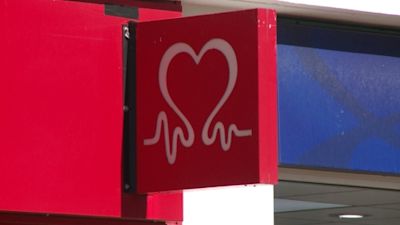Cambridge scientists discovery could 'revolutionise' heart attack treatment

A study by Cambridge scientists has found a drug used to treat cancer could improve recovery after a heart attack.
Researchers discovered that a low dose of aldesleukin helps the heart to heal and reduces the risk of further complications, according to research funded by the British Heart Foundation.
It is now hoped that the findings could lead to larger trials and eventually a new treatment.
The aldesleukin would be injected under the skin of patients who had had an acute heart attack. The research suggests it then activates a rare white blood cell called innate type 2 lymphocyte (ILC2).
Previous research has shown that this cell may be able to decrease the harmful inflammation that promotes the build-up of fatty deposits in arteries.
The experts looked at mice unable to produce ILC2 and found that their hearts were less able to recover after a heart attack.
Mice that could produce the cells had reduced heart scarring and better heart function after a heart attack.
By targeting the inflammation caused by the body’s immune response to a heart attack the team also hope to prevent the dangerous feedback loop that can increase a person’s chances of having a second heart attack.
The majority of people who have heart attacks will now survive, but many will be left with damaged hearts.
Professor Metin Avkiran from the British Heart Foundations says these findings could revolutionise treatments.